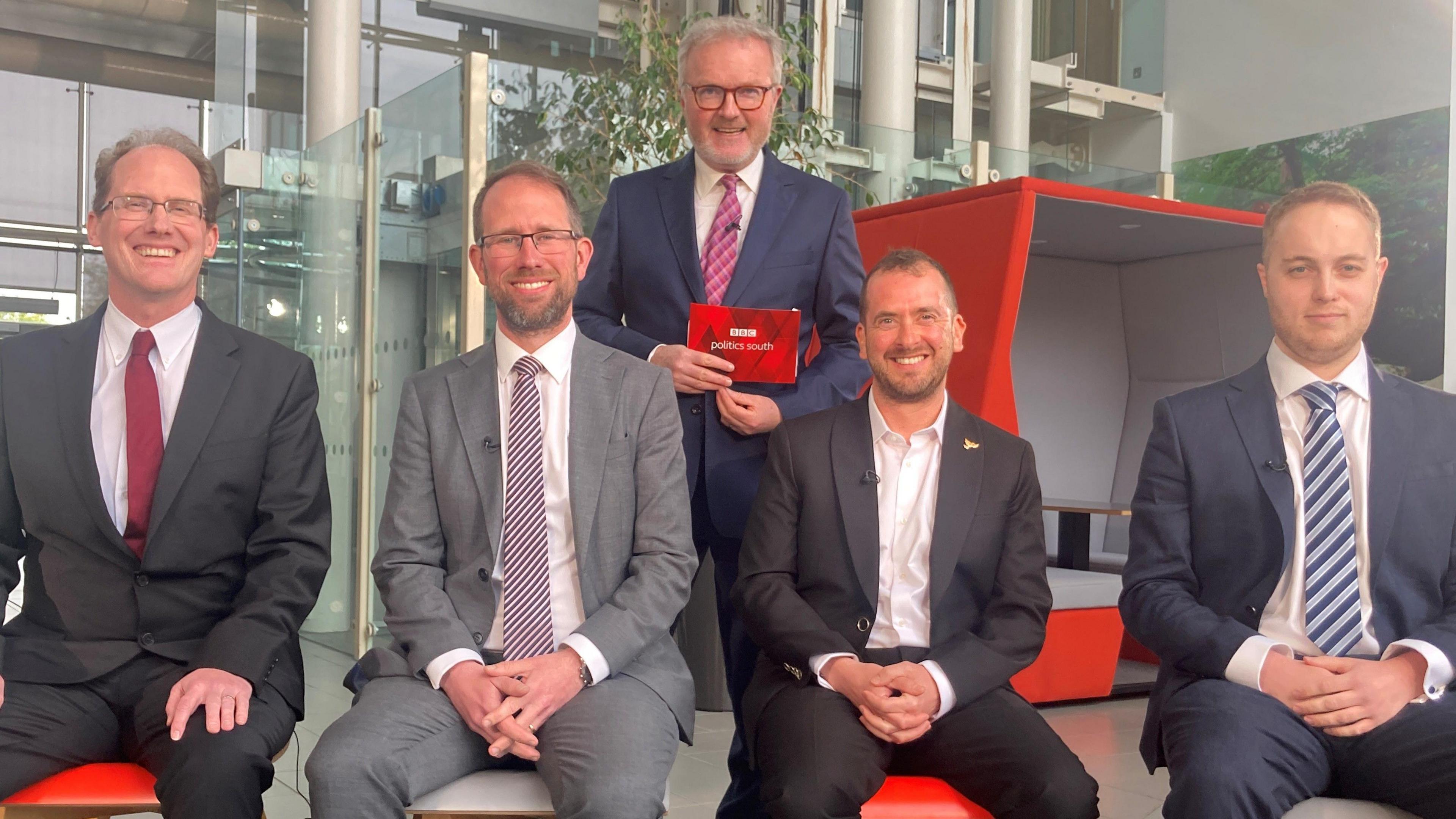PCC 'disappointed' at low turnout
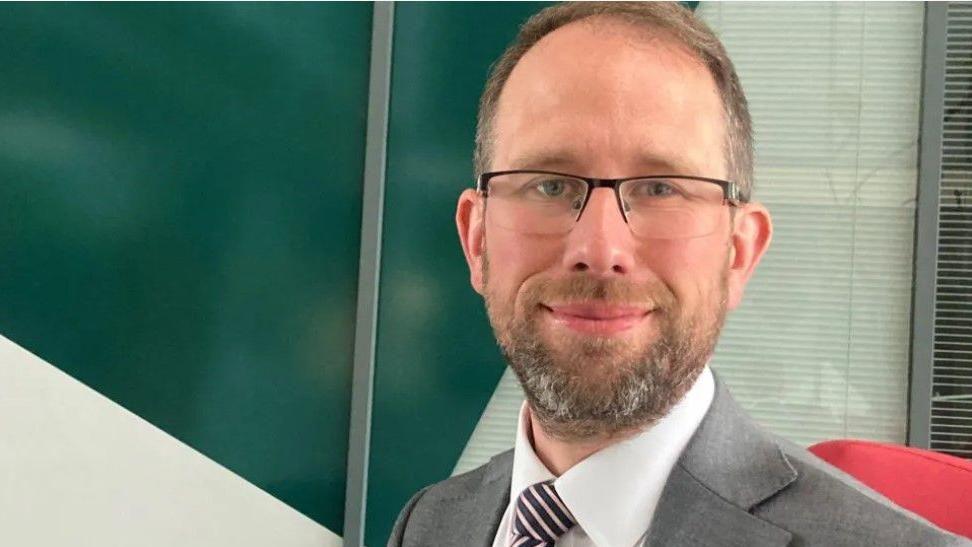
- Published
The Police and Crime Commissioner (PCC) for Thames Valley has insisted he has a mandate for his role despite the low turnout in the recent election.
Matthew Barber was re-elected with 144,092 votes from across Oxfordshire, Berkshire and Buckinghamshire.
Thames Valley Police oversees 2.34 million people.
During an interview and phone-in on BBC Radio Oxford Mr Barber said: "All those people had the opportunity to vote, and yes a low turnout is disappointing."
He added: "I would love turnout to be higher. As someone who's just interested in democracy I want more people to vote whether I’m successful or not, that’s clearly a good thing."
About a quarter of eligible voters chose to have their say in the Thames Valley PCC election.
The lowest turn out was in Bracknell Forest, with just 15%.
But Mr Barber said it was "not surprising" as it followed a trend where fewer people vote when the PCC elections do not coincide with other elections.
"There’s less campaigning on the ground, there's only so much one individual PCC can do to get the message out to people," he said.
During the 50-minute interview with Adam Ball, Mr Barber, who has been PCC since May 2021, addressed a range of topics.
On getting more bobbies on the beat
Mr Barber claimed one of his main priorities going forward was to increase neighbourhood policing, with more than 100 additional officers being recruited this year.
He said: "I hope we will continue in future years to at least keep pace with our population growth in the Thames Valley. We’ve got more police officers than we’ve ever had before, but that’s no good if we then rest on our laurels."
He said he "would like to have a lot more than we’ve got.... I would like to see several hundred more".
"We’ll probably never meet people’s expectations to some extent. We’ve got over 5,000 police officers in Thames Valley."
Mr Barber said overall crime rates were down but that it was also about making sure "people feel safe and a lot of that is about increasing visibility".
He said residents should start to see a difference in police numbers in the coming months, and more Police Community Support Officers (PCSOs) were being recruited to deal with anti-social behaviour.
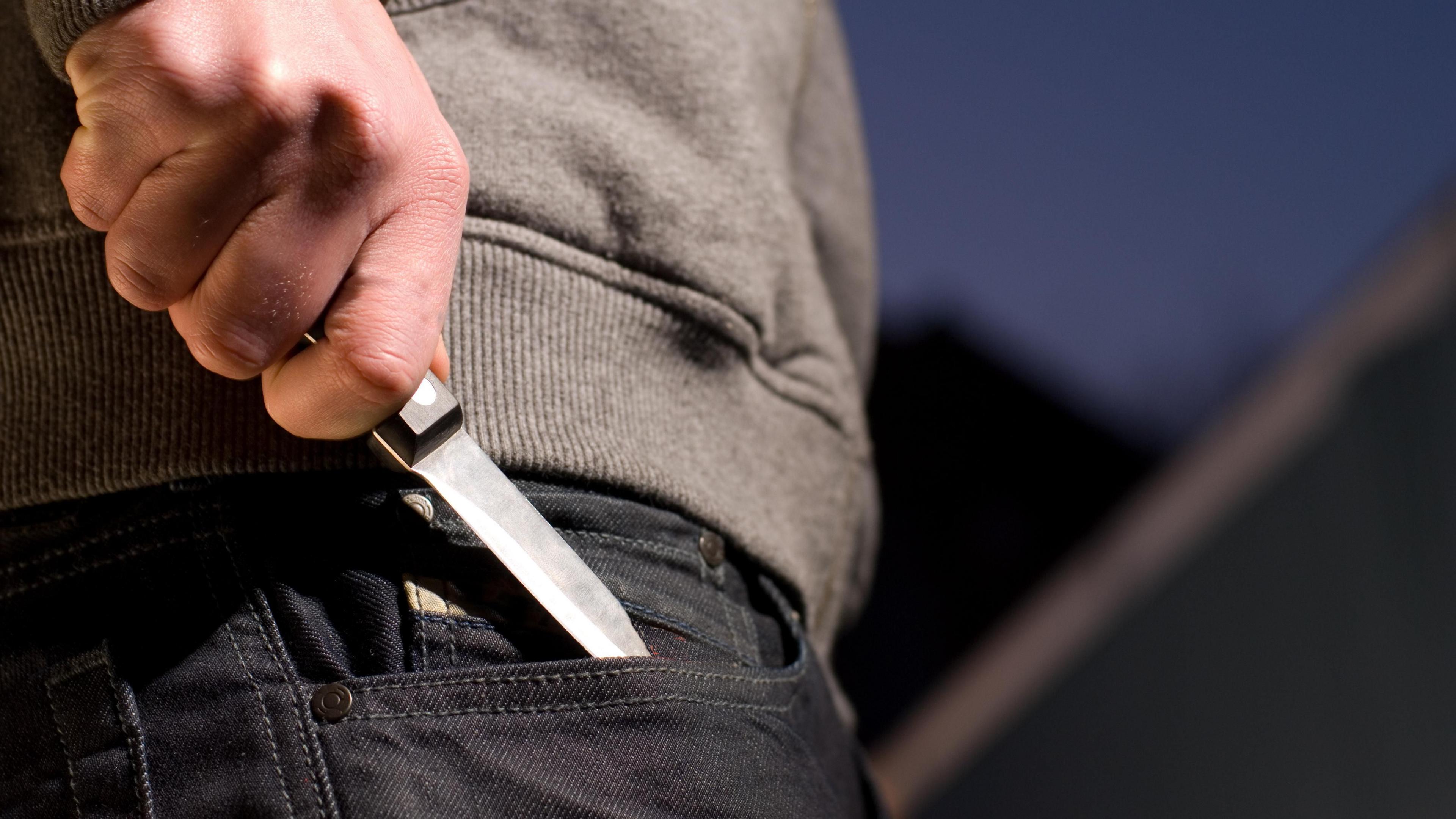
Knife crime in the Thames Valley is down, the PCC said
On knife crime
Amir Steve Ali wrote to Mr Barber about the number of stabbings in east Oxford of late after a man was attacked and had cash stolen from him in Blackbird Leys.
Mr Barber said: "Of course when there’s some awful incident it grabs the headlines understandably and raises concern."
He said his zero tolerance approach to knife possession offences, external was making an impact, and the force had been increasing stop-and-searches too.
He said a new campaign aimed towards schoolchildren is to follow, and that he wanted to "make sure we get those messages in really early about prevention so that it’s not just about the policing end of it".
But he insisted people's chances of being a victim of knife crime were low.
"We’ve got some of the lowest levels of knife crime of any police force in the country," he said.
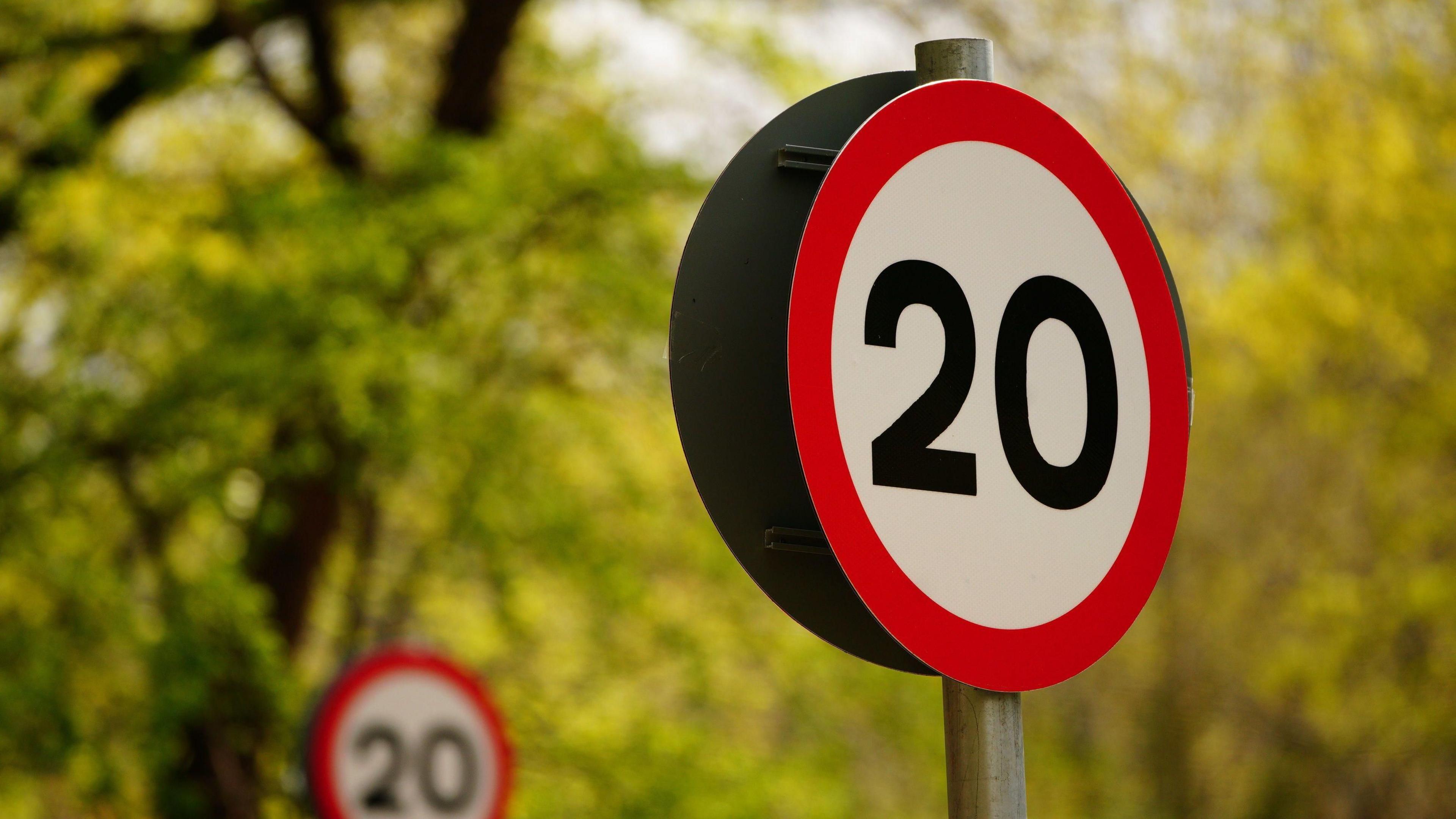
Police have not received funding to oversee new 20mph zones
On 20mph zones
Mr Barber said an increase in 20mph zones in the region did not necessarily mean an increase in speed enforcement officers to oversee them.
"It’s for the county council to determine the speed limits, rather than the police, or for me to have a view," he said.
He added: "Simply having a 20mph zone doesn’t mean an increase in speed enforcement in an area, there’s no extra funding coming from the county council… but actually we need to recognise that the biggest risk is on our faster roads."
He said there would be a focus on "local problem areas" where the "risk is biggest, and that’s not just about speed that’s about dangerous driving".
He also pointed out the need to be "really cautious about maintaining public consent for speed limits".
"Most speed limits should be self-enforcing. Whatever a speed limit is you’d expect someone to slow down outside a school or in dangerous circumstances."
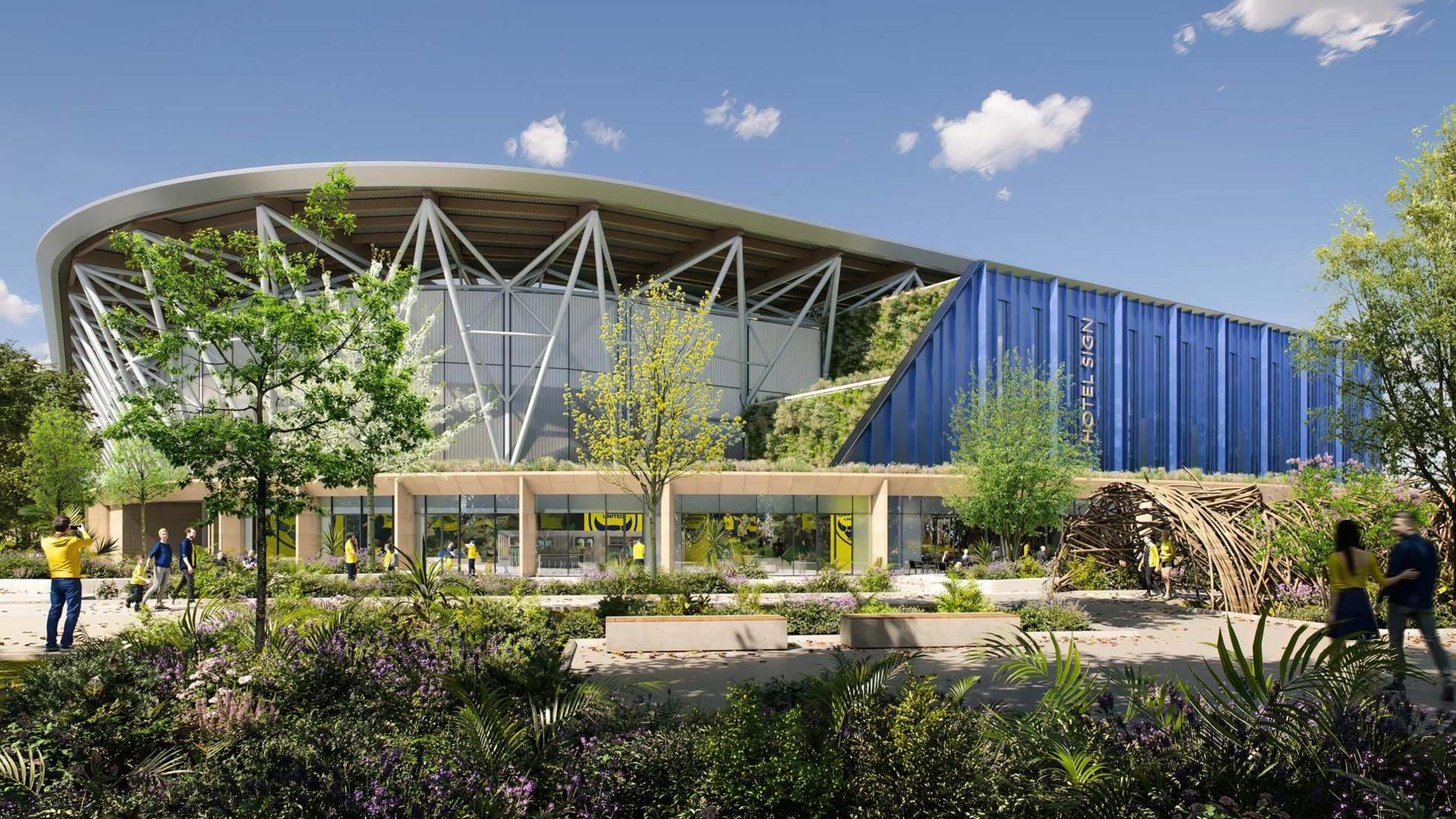
Mr Barber said Thames Valley Police did not object to Oxford United's new stadium plans in principle
On the new Oxford United stadium
Mr Barber described recent media reports that Thames Valley Police objected to Oxford United's plans to build a 16,000-capacity stadium on the Triangle, near Kidlington, as misleading.
He said the force's decision to make a holding objection around the provision for counter-terrorism and issues around traffic management was part of a "perfectly normal process".
"All the police have said is there isn’t enough information at the moment in the application, and the police are regularly talking to the club and their agents about that detail.
"The reality is there’s no in principle objection to the new stadium from Thames Valley Police."
On his own salary
The PCC, believed to be on a salary of £88,600, admitted: "I get very well paid for what I do but frankly I’d happily do it for less because I’m so passionate about what we can do to keep people safe."
He disputed that the role was an "unnecessary layer of bureaucracy".
"I think it’s quite right that there’s oversight of policing to make sure the public’s views are expressed properly, but we need to make sure that is always as efficient and effective as possible."
Follow BBC South on Facebook, external, Twitter, external, or Instagram, external. Send your story ideas to south.newsonline@bbc.co.uk, external.
Related topics
- Published4 May 2024
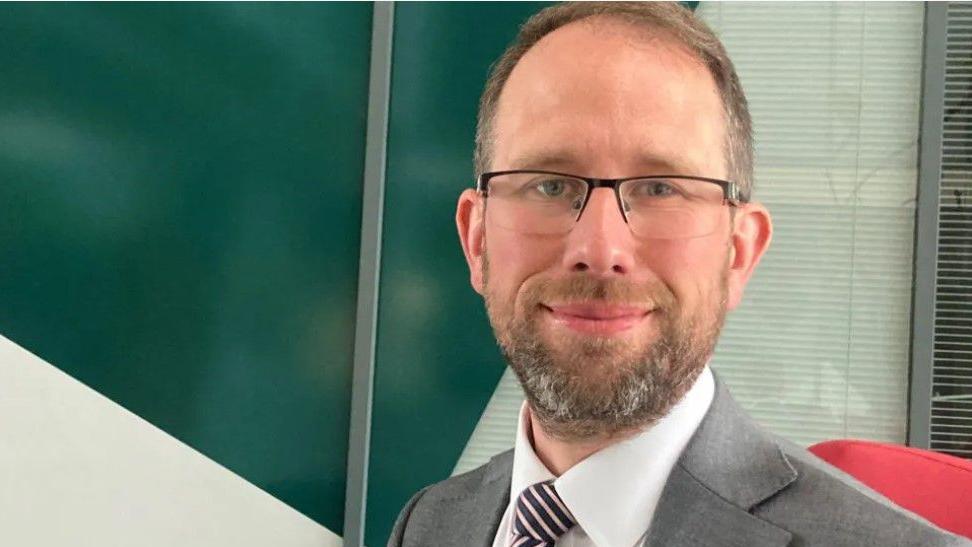
- Published29 April 2024
